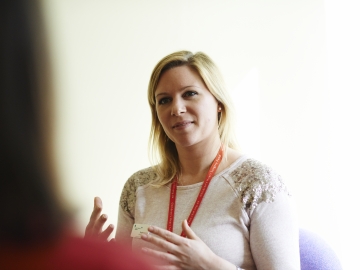Teen
- About
- Meet The Team
- Conditions
- Transition to Adult Congenital Cardiac Services
- Coming in to Hospital
- Surgery and Managing Your Discomfort
- Cardiac Catheter
- Ablation Procedure
- Pacemakers
- Looking after your oral health
- Lifestyle and Exercise Advice
- Periods, contraception and pregnancy
- Support
- Your Views
- Confidentiality and Consent
Confidentiality and Consent
-

Confidentiality
Confidentiality is about keeping information about you safe and private. If you want to talk to a health worker about something personal, then they must keep this information confidential even if you are under 16.
Sometimes information does need to be shared with other health workers to help get the best care for you, but you can still say if there are things that you don’t want them to know.
If someone thinks that you are at risk of serious harm or in danger, then they may have to tell another adult to be able to help you. They should explain to you who they will tell and why. -
Consent
Consent is about your right to be involved in decisions affecting you and your health. Your agreement is needed before anyone looking after you can examine or treat you.
You may be asked for consent verbally or for more complicated procedures, to sign a form agreeing to treatment. Before you agree, you need to understand what will happen and what are the risks and benefits.
If you are under 16 you can give consent yourself, so long as you understand what is involved. Some decisions are more difficult than others, so your parents may also be asked for consent too.
When you are over 16 you can give consent yourself. This can be quite daunting so remember that your parents or carers are still there to support you. Involving them can help you think through decisions.
